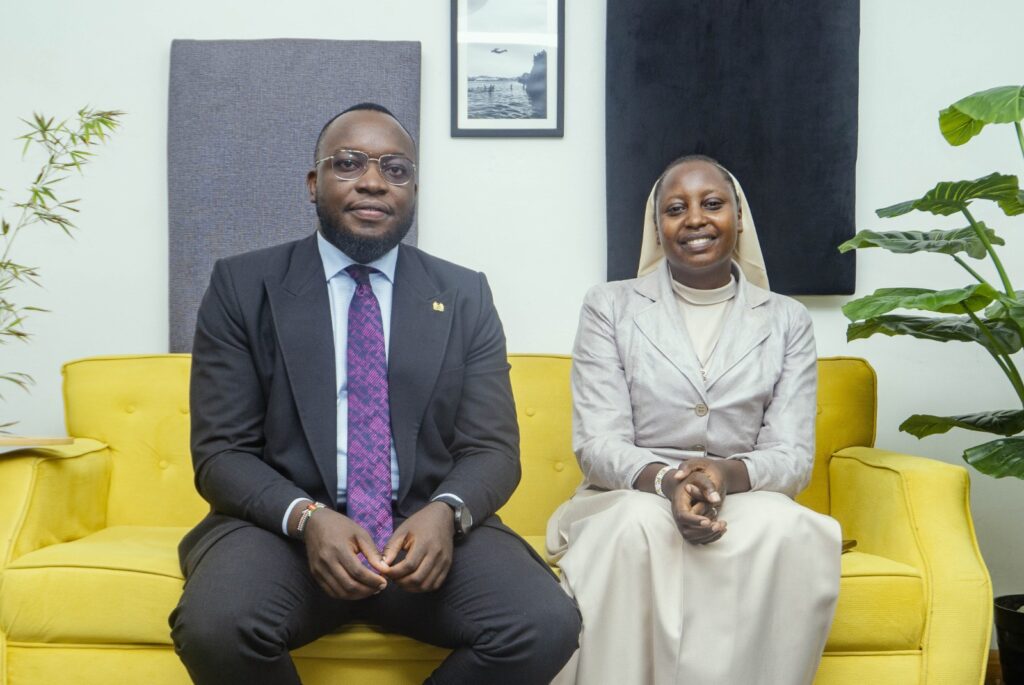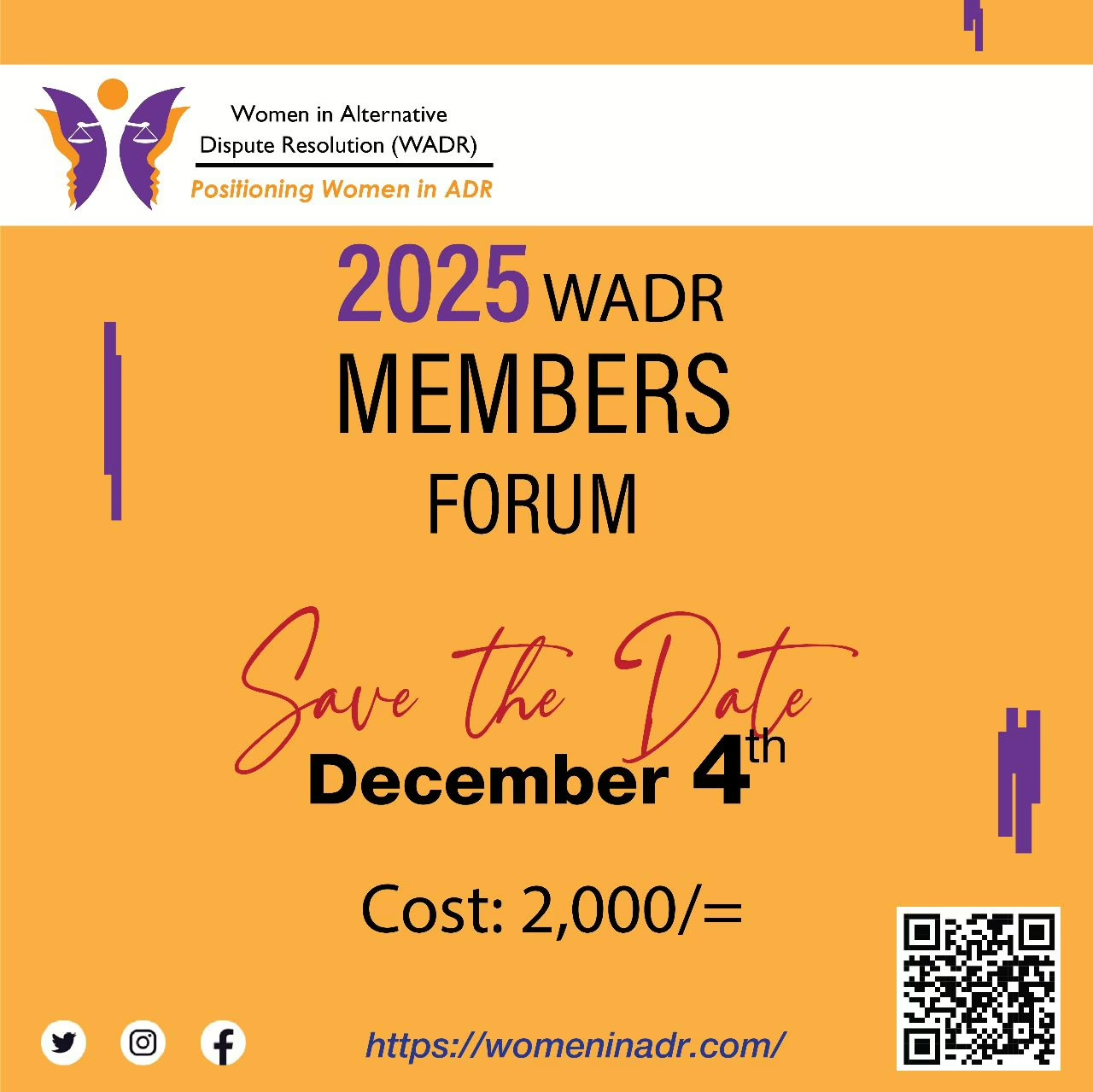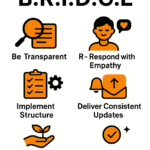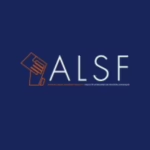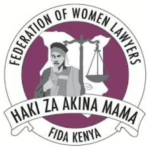The legal field is diverse, with numerous practice areas where advocates can put their skills to work. Moreover, the law evolves to accommodate social and economic changes, birthing new practice areas in the process. However, one often overlooked practice area is practice within or alongside the church, notwithstanding that the church as an entity is almost as old as the law.
The Church is an institution like any other, subject to the Constitution as the supreme law of the land. Statistics show that Kenya has over 4,000 registered churches. So, how can lawyers who long to express their Christian faith in the profession apply their skills to service the Church?
To give insight into the legal representation of faith-based organizations as an area of practice, we spoke to two bi-vocational advocates, Sr. Trizah Muthoni and Myron Mukuna Eshuchi. Sr. Trizah is a Catholic Sister, an Advocate of the High Court, and the in-house legal counsel for the Catholic Archdiocese of Nairobi.
Myron Mukuna, on the other hand, is an Advocate of the High Court and Diocesan Chancellor of the Anglican Church of Kenya, Butere Diocese. Mr. Mukuna is also a Partner at Eshuchi and Associates Advocates, a Nairobi-based law firm.
Keep reading to learn more about the church’s legal needs and the impact of a Christian lawyer on the church’s congregations and the larger community. Also, unpack the mindset necessary to serve as a church lawyer and establish whether this area of practice is your calling.
What Are The Church’s Legal Needs?
Given that the church has an internal constitution, yet it’s also subject to the Constitution, which gaps do legal practitioners practicing within or alongside the church fill?
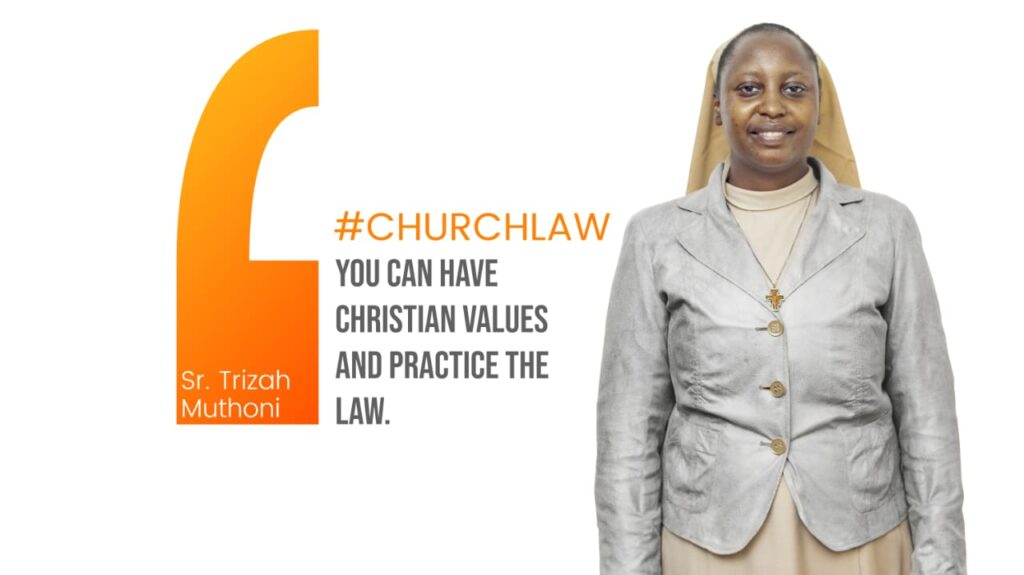 According to Sr. Trizah, the church engages with real people.”The Catholic church faces all manner of litigation related to land, motor vehicle accidents, employee/ labor matters, and more.”
According to Sr. Trizah, the church engages with real people.”The Catholic church faces all manner of litigation related to land, motor vehicle accidents, employee/ labor matters, and more.”
For his part, Myron argues that the church is a theocracy with a constitution and laws governing its workings. Different churches have different structures, but here we’re reading from the context of the Roman Catholic and Anglican Churches.
Sr. Trizah and Myron are the official Legal Advisors to their respective bishops. Additionally, since the Bishop represents a Diocese in both contexts, they are, by extension, the official Legal Advisors to respective Dioceses.
So, what is the legal purview of the official Legal Advisor to the Bishop? The Catholic church has Canon Law, while the Anglican church has Provincial Law, with the provincial jurisdiction being Kenya.
For Sr. Trizah, the Catholic Church has chancellors specializing in Canon law who advise the Archbishop on purely religious matters. Therefore, her role as in-house counsel to the Archdiocese focuses on the civil side of the church, or as she terms it, the relationship between the church and the world.
In contrast, Myron’s role as the Diocesan Chancellor means that he handles church matters pertaining to the constitution of Kenya and the Provincial Laws within the church. “Many factors occurring within the church require a legal mind to apply the law to deal with such matters.”
Their roles with regard to civil laws overlap significantly and include:
- Employee matters for administrative and support staff, including their contracts.
- Conveyances over land and property acquisition
- Advice on investments and purchases
- Review contracts that the church may engage in with third parties
- Mediation, arbitration, and ADR between the church/diocese and parishioners or third parties.
- Handle tax matters, including exemptions and compliance for church societies and trusts.
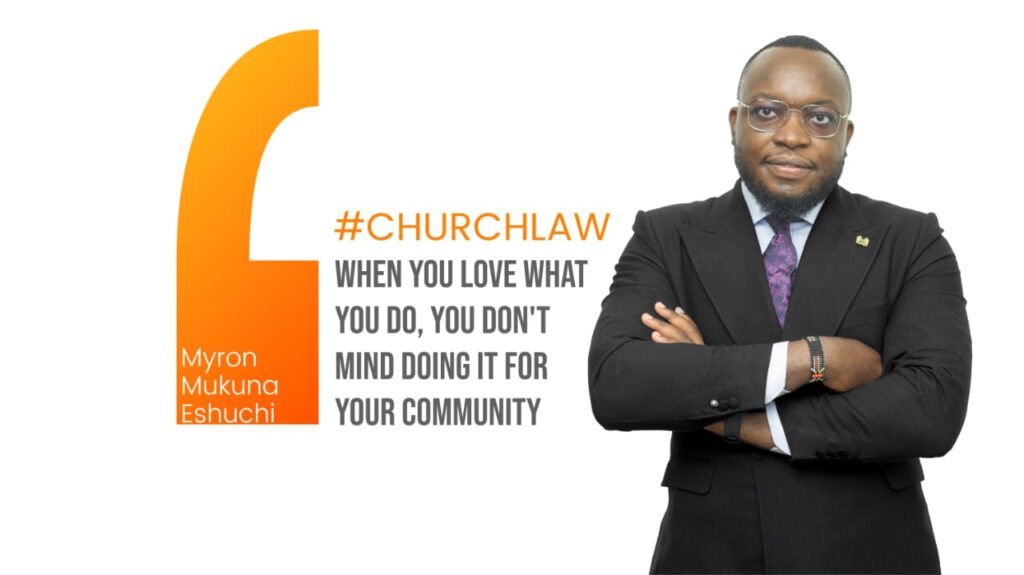 Myron’s tasks concerning the Anglican church’s provincial laws include:
Myron’s tasks concerning the Anglican church’s provincial laws include:
- The discipline of priests
- Sitting in diocese committees and boards
- Attending the church’s AGM called the synod
- Overseeing the diocese’s election process for bishops
- Overseeing the transition from one bishop to another
- Reviewing the diocesan constitution to align with the provincial one
The Impact of the Church’s Legal Mind to The Congregation
As church diocese lawyers, are Sr. Trizah and Myron obligated to extend their legal services to individual congregants? How does their role in the church impact its congregants?
According to Sr. Trizah, the Catholic Church’s structure includes lay movements like the Catholic Women Association (CWA) and the Catholic Men Association (CMA). Such movements are in place to empower congregants spiritually, morally, socially, and economically.
Therefore, she has been able to minister to congregants in such forums and empower them on various aspects of the law. “I get invited to parishes within the Archdiocese to talk to them about family property, succession, and more. Also, from such forums, we identify lawyers within the groups that congregants can approach for legal advice.” Such forums also help to build a network of Catholic lawyers from different areas of specialization at the grassroots to serve different parishes.
Sr. Trizah highlights that such legal empowerment programs are informed by the needs that priests identify in their parishes. “People go to priests for all kinds of problems aside from spiritual guidance. So, when priests identify a recurring issue, they contact our office.”
On his part, Myron is keen to facilitate empowerment among the congregants in his diocese of Butere. However, Butere, in Kakamega County, being a rural area, presents a unique set of challenges to legal empowerment.
“Rural settings have a lot of hierarchy, including in the church, where people revere bishops. Therefore, the perception that I’m the bishop’s lawyer makes me somewhat unapproachable. The general congregation doesn’t understand that they can approach me directly, and the least I could do is listen and advise, or refer them to someone who will help.”
Additionally, Myron highlights that the congregation in his diocese is so ignorant of the law that they tolerate things that should not be tolerated. He adds that the situation requires an intervention of some sort.
Sr. Trizah also admits that ignorance of the law is not unique to rural settings. “For Example, when I get to these forums, and we’re talking about property, you’ll see the real patriarchal and traditional minds in well-schooled urban people. Even with women, most of them do not feel empowered, so I must demystify the law by telling them how it protects them and its provisions.”
Both advocates feel the impact of a Christian lawyer and believe that given an opportunity, there’s so much to do to empower the people on legal matters. So, for lawyers seeking to impact their communities, the church presents an ideal forum to fill the knowledge gap in the public.
Challenges in Navigating the Bivocational Life
The Church and the legal profession have one thing in common: both hold individuals to a high moral code. Therefore, legal skills are easily transferable to ministry or discipleship. However, what happens when the laws of the land contradict those of the church?
According to Sr. Trizah, court rulings may contradict the church’s moral code, yet the law of the land is supreme. Conflict also arises when congregants approach her office seeking advice on matters like divorce, which the church does not advocate.
“These are things that confront you daily as people come seeking help because it’s their reality, yet you don’t have a practical solution for their situation. So, I always try to offer suggestions that won’t contradict my faith, yet will still make the person feel loved.”
Myron has also faced his fair share of challenges in this regard. He highlights that the church does not operate in a vacuum. “The church is alive within a people or community who have their norms, beliefs, and ways of working.” Therefore, conflicts on what the Kenyan constitution provides and the moral aspect, things the church cannot tolerate, often arise.
Mr. Mukuna cites a case in which a priest in his Diocese was seeking a divorce. “The case presented unique elements with a fair share of dynamics that no one can predict. Therefore, it requires a delicate balance to handle.”
The lack of precedence in most areas of the church also presents a challenge in navigating the space. Therefore, Sister and Myron recommend prayer and seeking God’s guidance before rendering advice on such delicate matters.
What it Takes to Serve in the Church
As highlighted above, the church remains underexplored as an area of practice. So, which competencies does one require to practice law within or alongside the church?
-
An Attitude of Service
Sr. Trizah encourages young lawyers seeking to practice the law in the church to focus on service first rather than profit. “I’ve realized that when you serve, God will also take care of your needs. Also, when you look at the law as service first, the people requiring service appear.”
She concludes by saying that if you have an orientation toward service, your focus is right, and the church is a good space for you.
-
Love What You Do
Besides an orientation toward service, Myron encourages young lawyers interested in service to love what they do. “When you love what you do, you’ll enjoy it, and you won’t mind doing it for the community.”
-
Pursue Excellence
Myron also encourages lawyers seeking to enter the church as an area of practice to pursue excellence. “If you’re good at what you do, most people wouldn’t mind paying for your services, even if they pay a subsidized fee.” From Myron’s experience, excellence allows you to balance earning a living and serving your community.
Conclusion
Sr. Trizah and Myron Mukuna are among the pioneers navigating the bi-vocational life to pursue a fulfilling legal career while serving their church communities. The church remains a virgin area in the law, meaning there’s ample room for you to follow in their footsteps. If you are service-oriented and seek a channel to use your legal skills for the greater good, legal service in the church is worth pondering.


